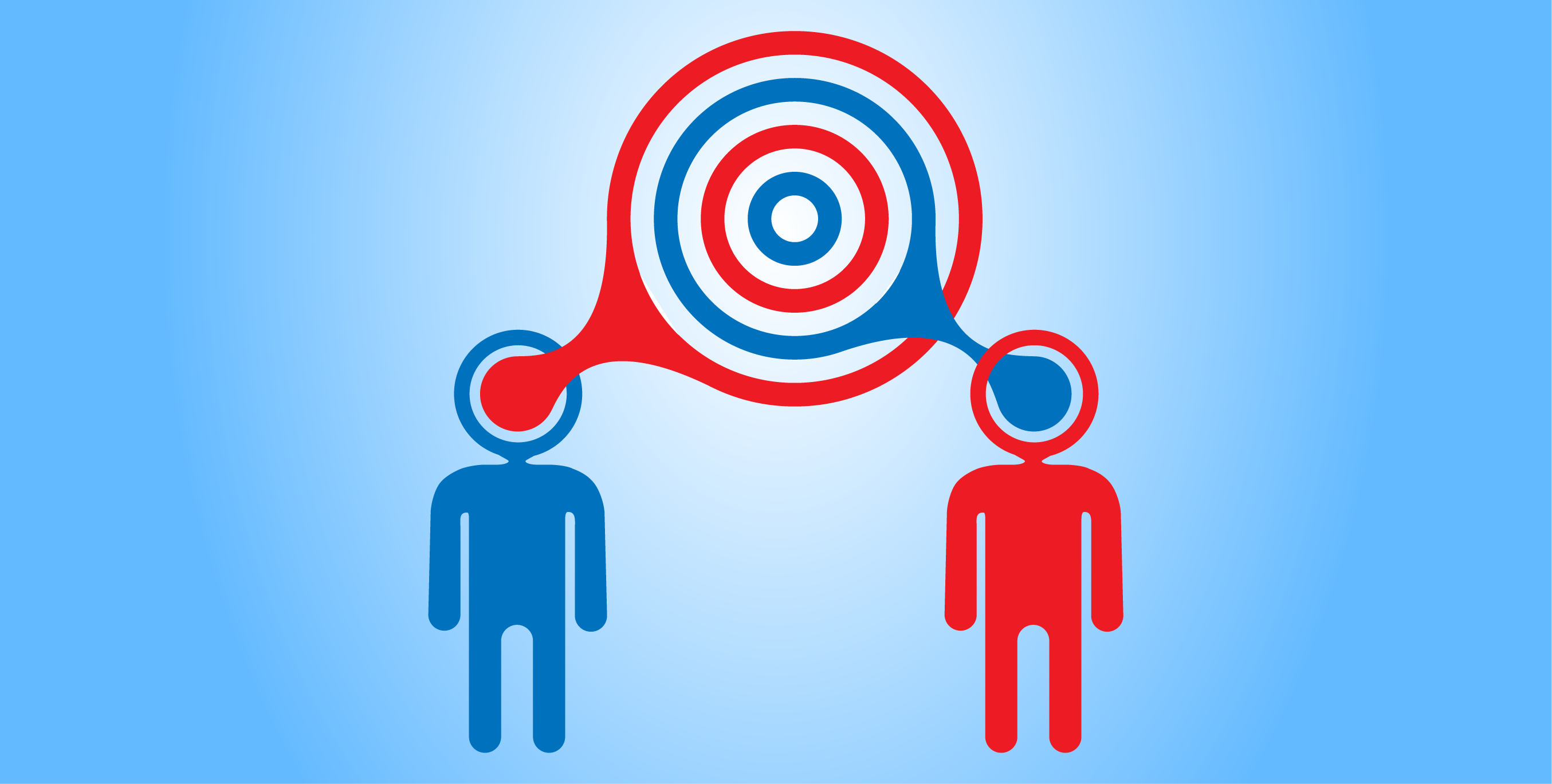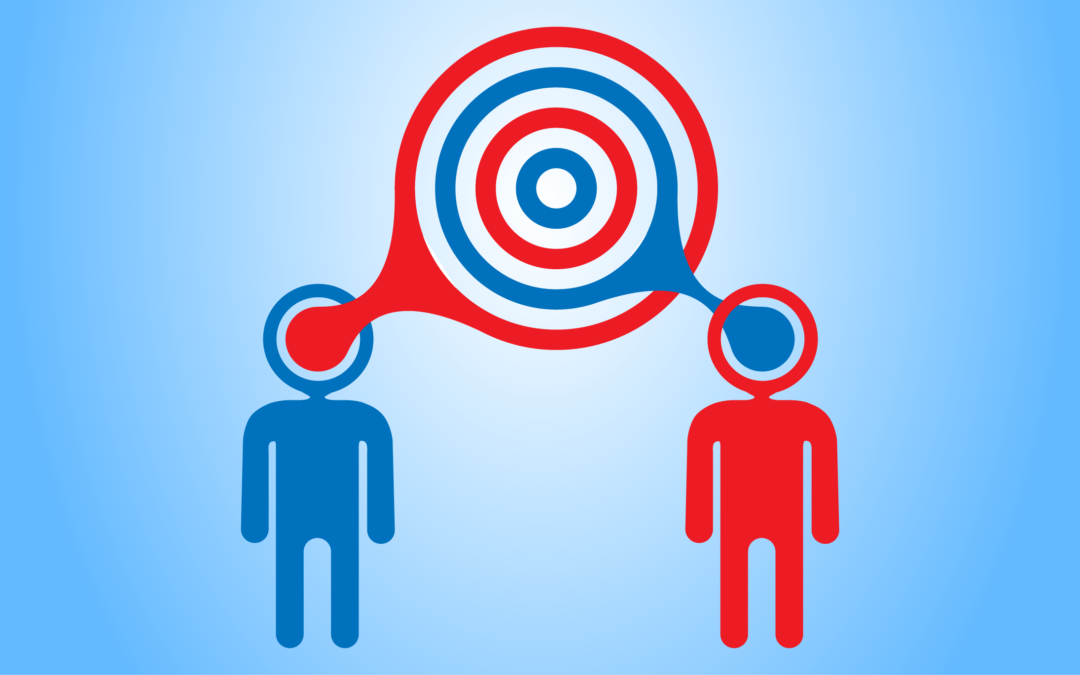On Division, Communicating the “Inflammatory”

A hot word: “Divisive.” Here in the United States, we talk a lot about how divided we are. But how do we become divided? Before our divisions are philosophical, they are linguistic. Ask any Facebook user what it’s like to use that platform to engage with others on any important issue or hot topic, and their head just might explode. We all see what’s happening around us objectively: we are in a pandemic, nationwide protests happen almost daily, it is an election year, first Australia was engulfed in flames, then the Western US coast. We are living through the same objective events, and most of us are likely seeking similar outcomes: we want health for ourselves and our loved ones, we want as little loss of life as possible by the end of this pandemic, we want our nation to serve justice, we want our planet to be habitable for future generations. Above all, we keep hearing how important for Americans to once again be united as a people, how we’re all so tired of the division. While we all originate from different backgrounds, cultures, family structures, and we have lived different lives, had different experiences, and possess different goals, I like to think that we’re not as different as we think we are.
When it comes to planning our future as a collective nation, it seems as if all of our similarities might have never even existed. We tend to get direly lost in translation, emotionally driven to react to whatever triggers the perception of threat or judgment. We have a terminal addiction to placing our differences ahead of our similarities. In today’s social media age, it seems to be a victimless infraction. We have the right to free speech, the right to our own opinion, and the right to agree or disagree with our government and with one another. This is true. The more I talk with folks, the more I realize that we exist in the same physical universe but live in vastly different worlds. We fundamentally, truly, do not understand each other.
American passion, a historically critical quality of the trailblazers that have brought us from history to here, is our own weakness. The diverse nature of American society has long been prohibited from simultaneously taking up space, until now. Legal gay marriage in the US is younger than Netflix. My 2011 Toyota Camry has existed for longer than Black Lives Matter, the organization. The status quo is being challenged, as it has been before us, cloaked in a different disguise with each passing generation. Have we forgotten that we are history in the making?
“Connect before you correct,” I hear the voice of Ms. Roberta Wall carefully advise. This is one of the basic principles of nonviolent communication (NVC), as I’ve learned it. It means to establish the space to both recognize and be heard, before addressing the issue at hand. It is a practice of empathy, driven by a desire for mutual understanding. I’ve come to realize that this applies to both interpersonal and intrapersonal conflict. When we become fired up at controversial speech, at its core, it’s often because we’re feeling a need be unmet, threatened, or disrespected. We humans are emotional animals. We just care so much! I challenge you, dear reader, to remember that next time you’re in this situation. We have no right to shame ourselves for our passion, but passion, too, is a skill, and developing any skill takes practice.
Step one: hear/read/see controversial speech, action, or decision. Step two: get fired up, think of all the ways the other party is SO wrong. Step three: thank yourself, your brain, for reminding you that you’re not a bad person for caring. Step four: remember that we exist in the same universe, but different worlds. Step five: realize that the other party cares too, in ways we may not be able to understand. Step six: identify any shared needs (safety, health, to be heard). Step seven: choose how to proceed.
These steps, for me, help cool the flames of what I find inflammatory.
Working on these skills restores our power and ability to communicate effectively. I seek to take back the power of my passion, and not let it be threatened by that which and those who I simply don’t understand. My threshold for reactivity has risen, and I spend more of my passion on making a difference. I’ve been able to reach across the aisle, while standing firm in my personal morals and beliefs.
Dear reader, if you identify as an ally of the underrepresented, I challenge you to identify your own reactivity threshold. If you wince at notions of defunding law enforcement, or support black lives matter but don’t appreciate dialogue on white supremacy, if you feel like discourse on social issues has a tendency to just go too far, and you don’t understand, but you believe in unity; I share this as an act of empathy. It is our right to stand true to ourselves, and it is also our right to soften our edges just enough to let our perspectives broaden. When issues drive our emotions and our emotions drive our opinions, we don’t come to understanding by explanation alone, we have to want to understand.
When we give our power of reactivity away, when we expect that others adapt their adopted language to appease those who otherwise would withdraw their support, we continue to perpetuate systemic oppression. By this form of censorship, we force those who have been neglected justice to do more emotional work as they actively fight for equity.
Before our divisions are philosophical, they are linguistic.
Same universe, different worlds.
Passion is a natural reaction to tragedy, yet it takes many forms. We don’t have to be lost in translation. Let’s talk better.
Tamia Dame is MountainTrue’s AmericaCorps Forest Keeper Coordinator. She is a graduate of UNC Asheville and a native to the Appalachian foothills of Lenoir, NC, where she spent much of her childhood exploring the outdoors and longing to live in the mountains.

